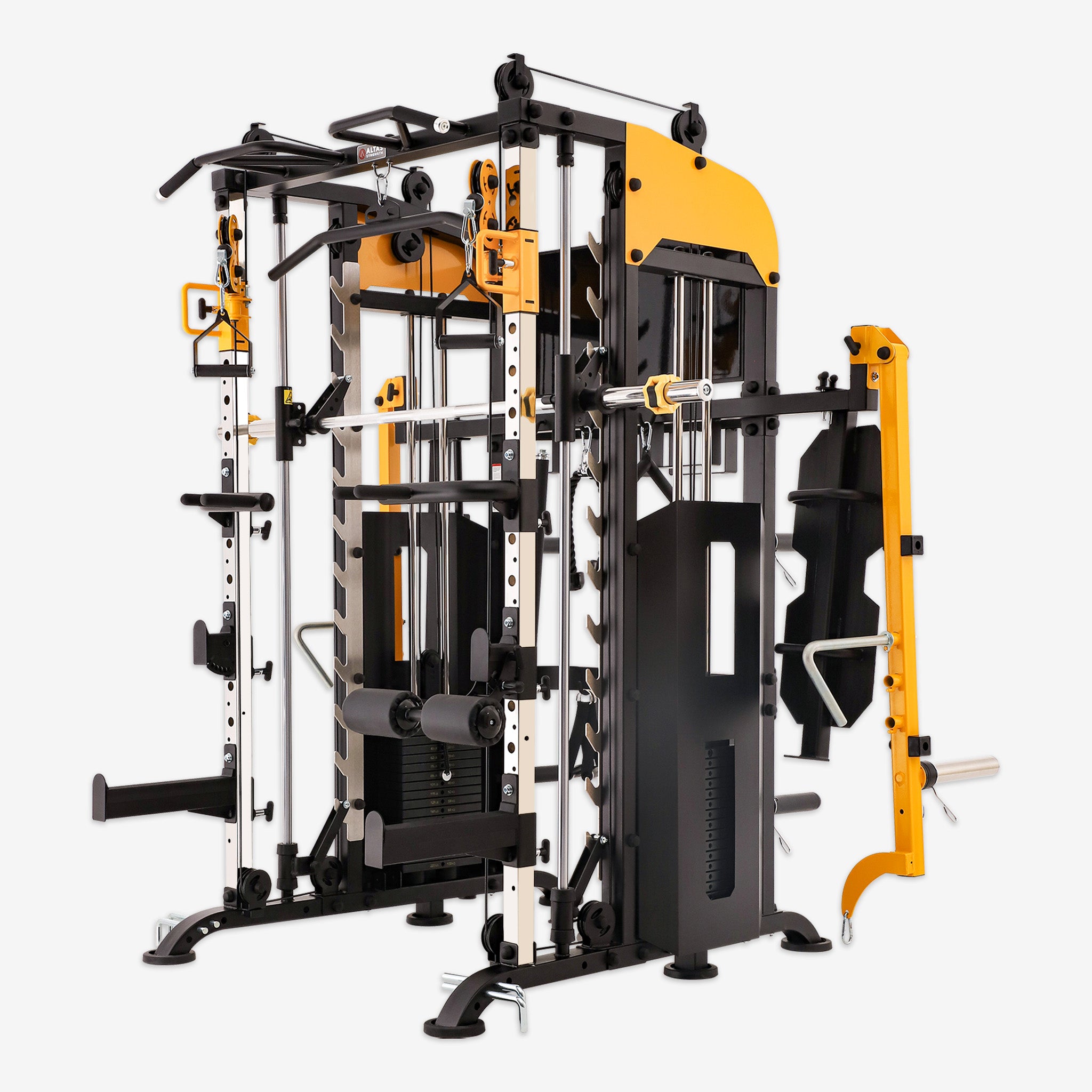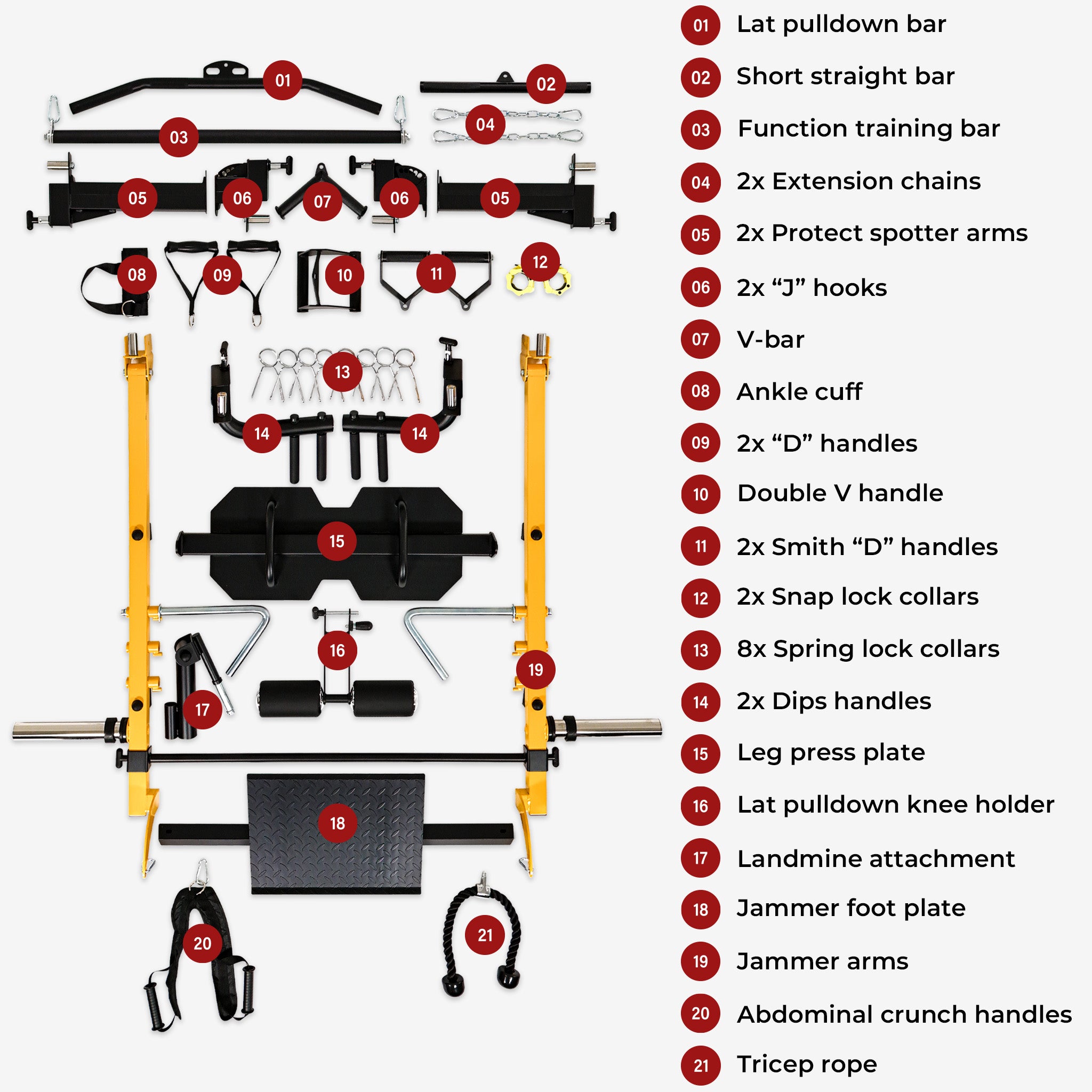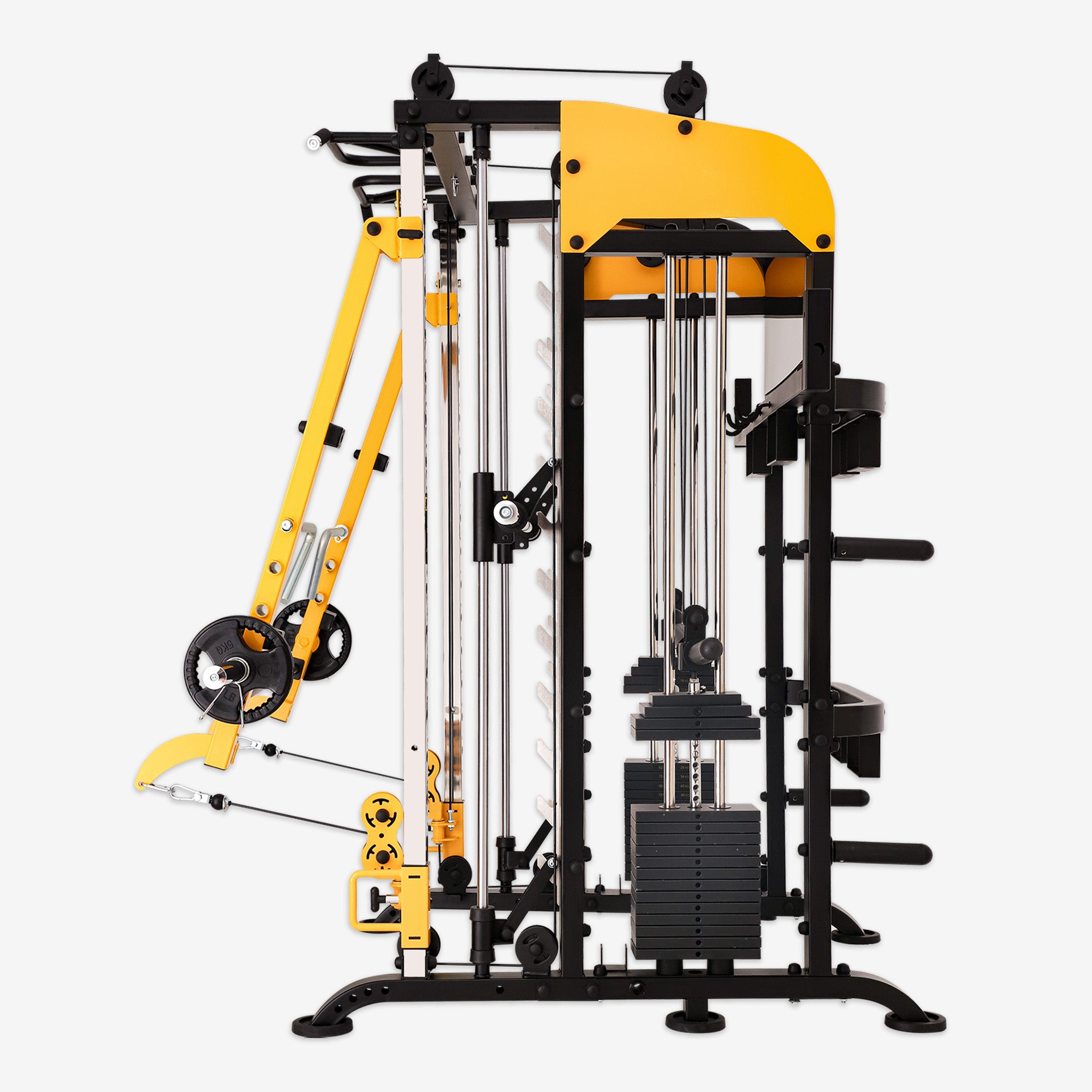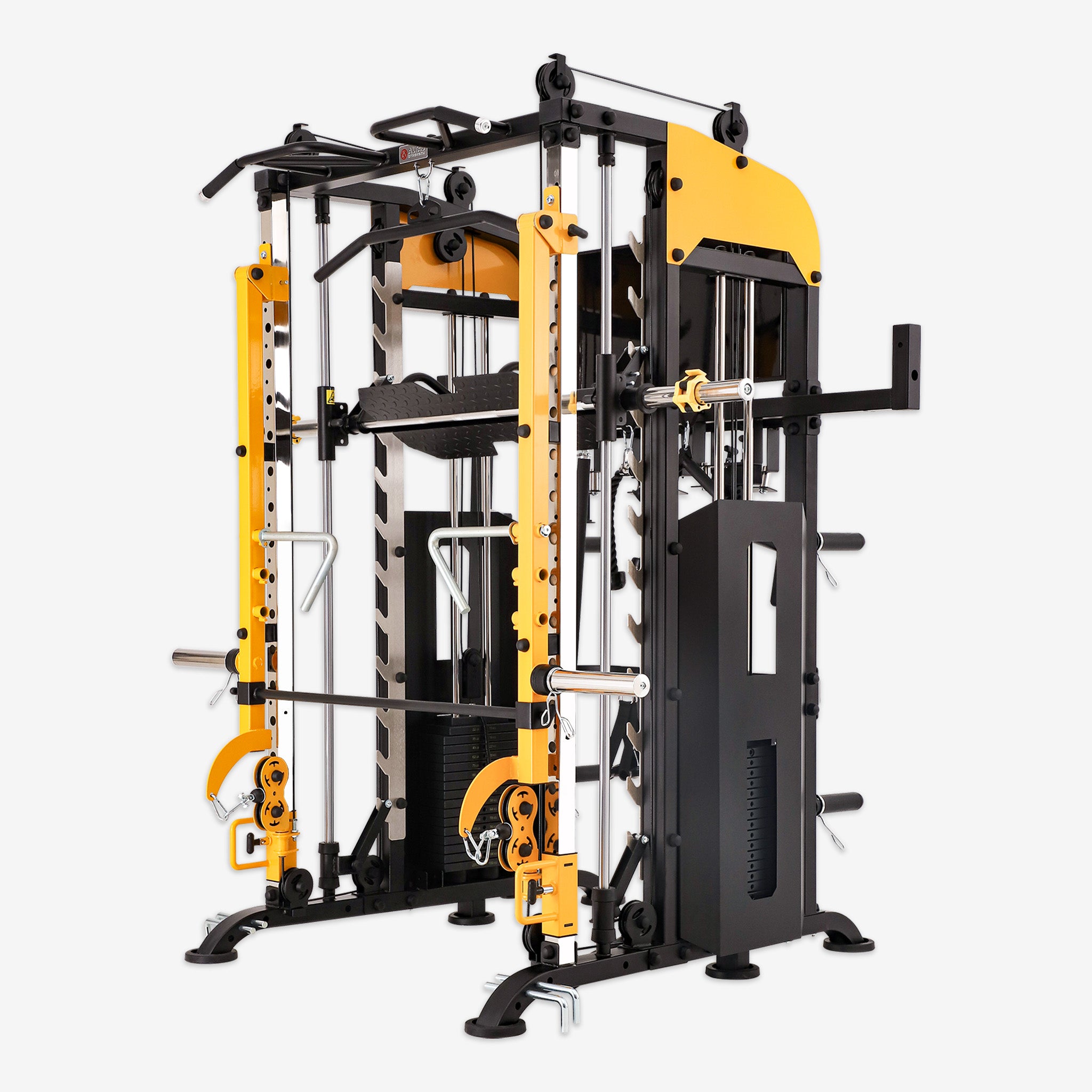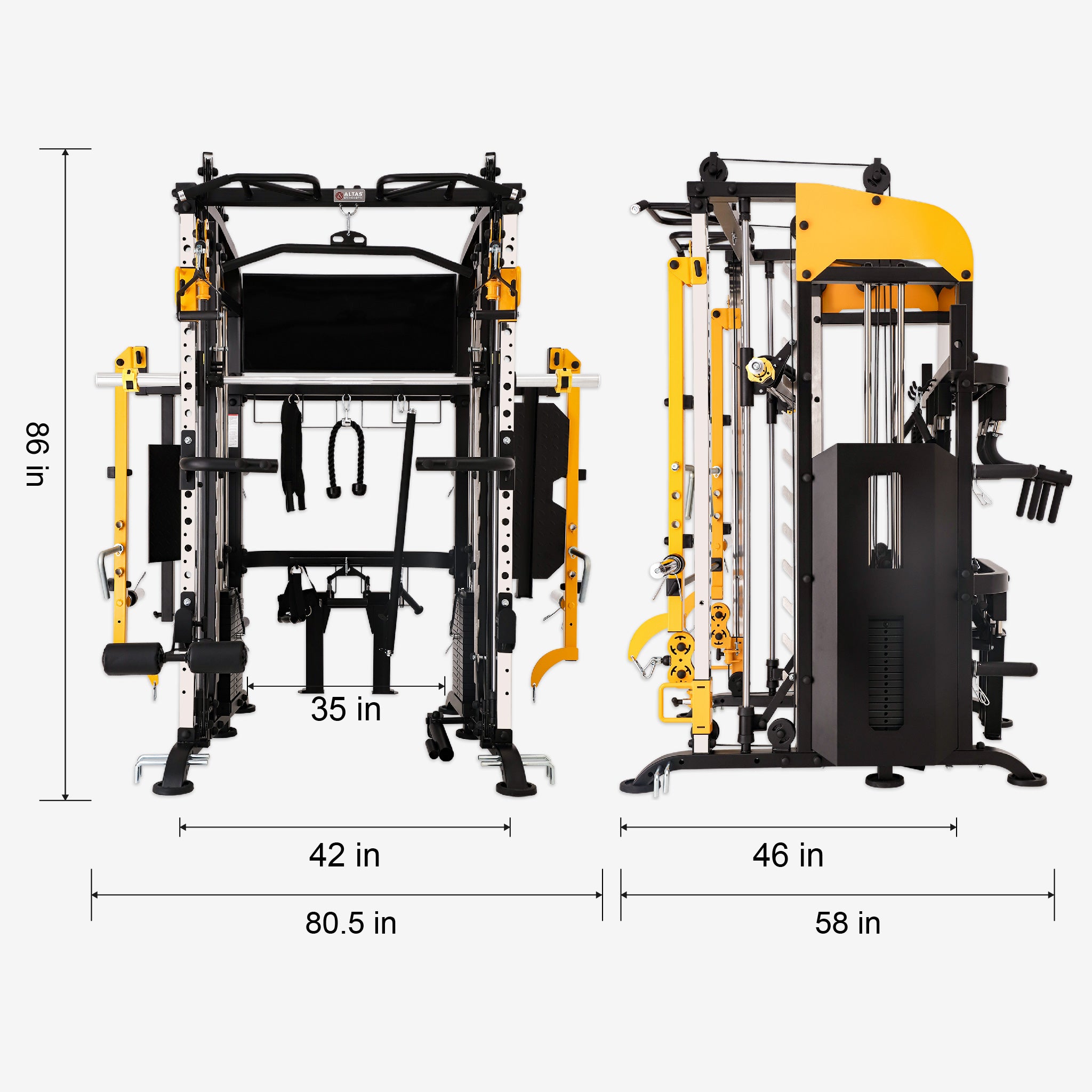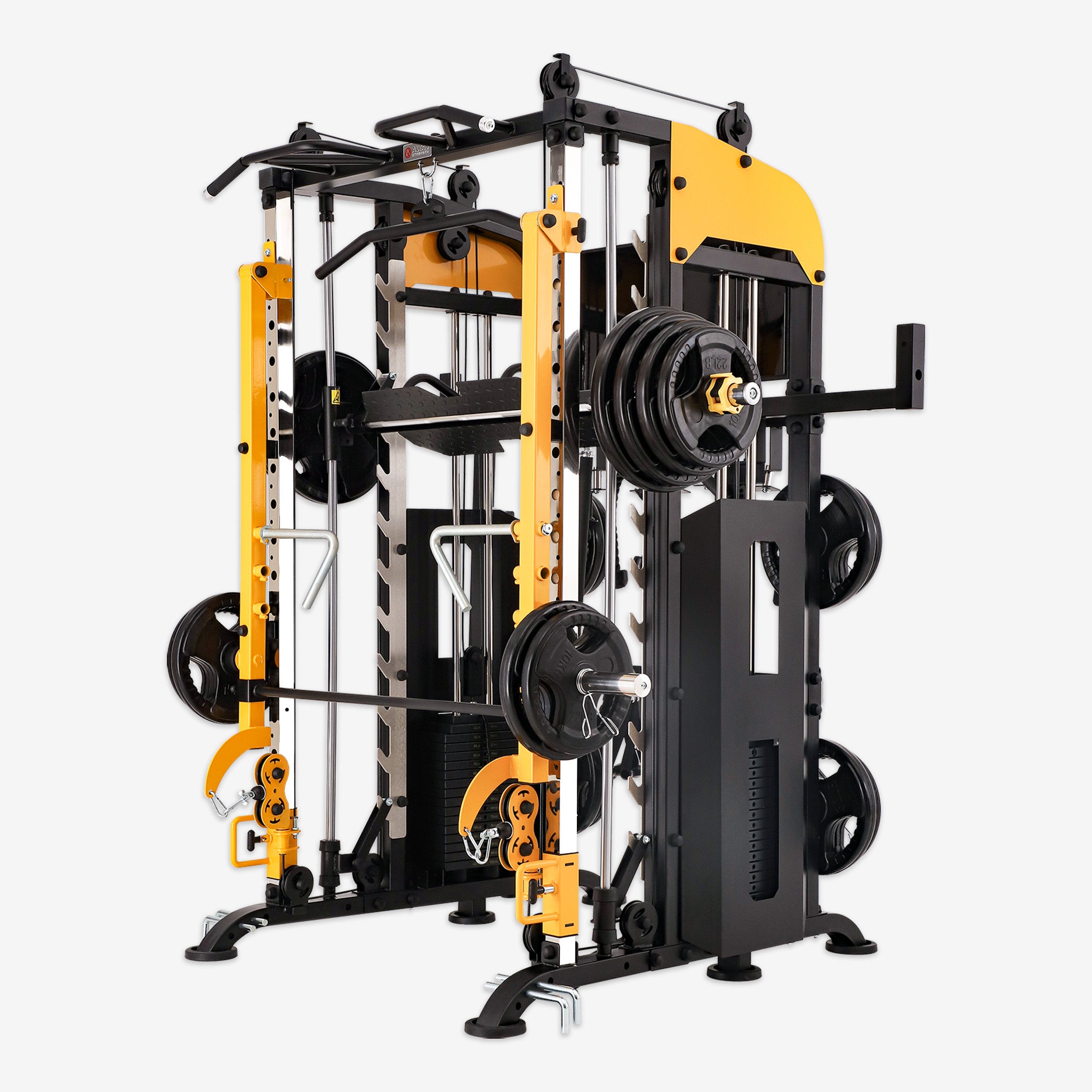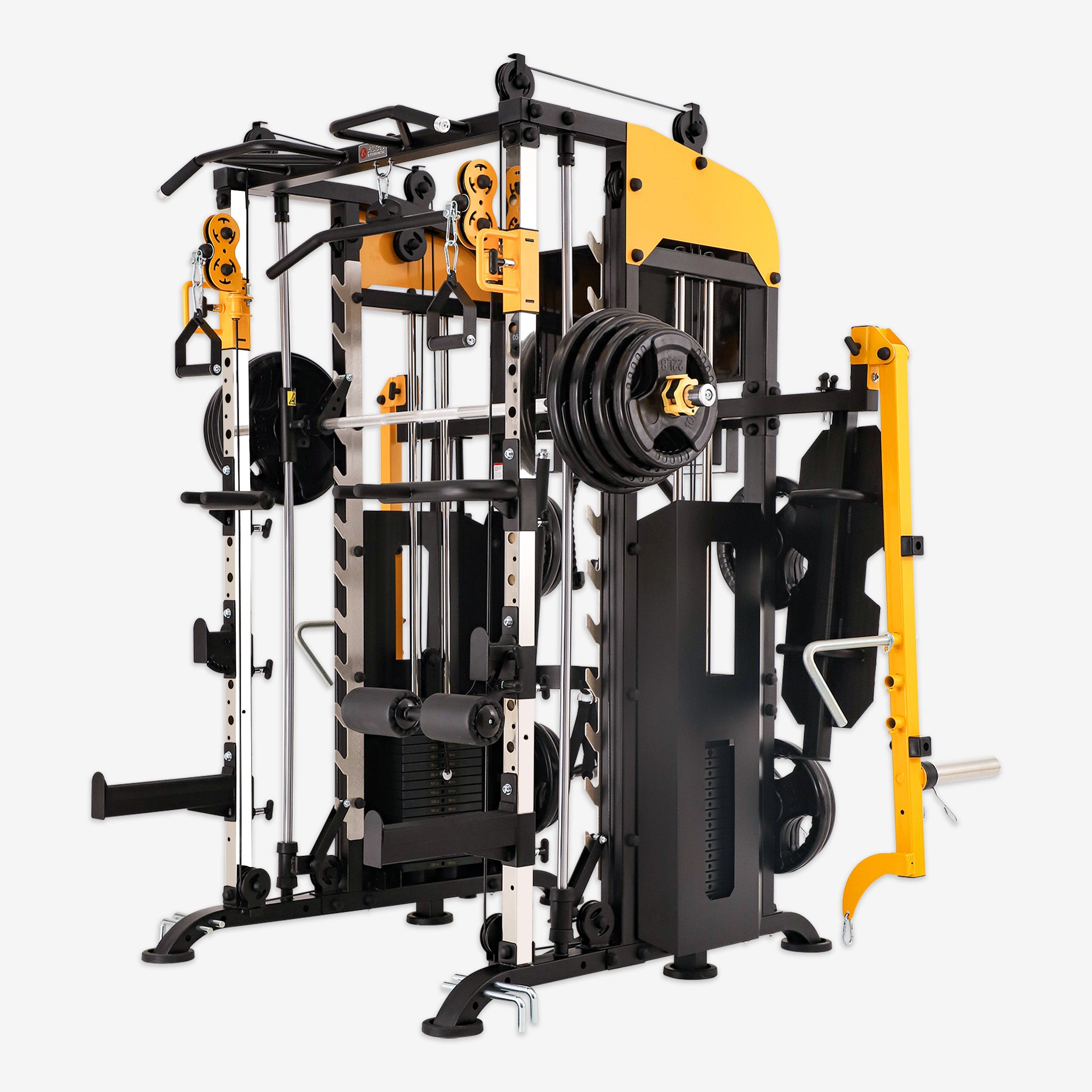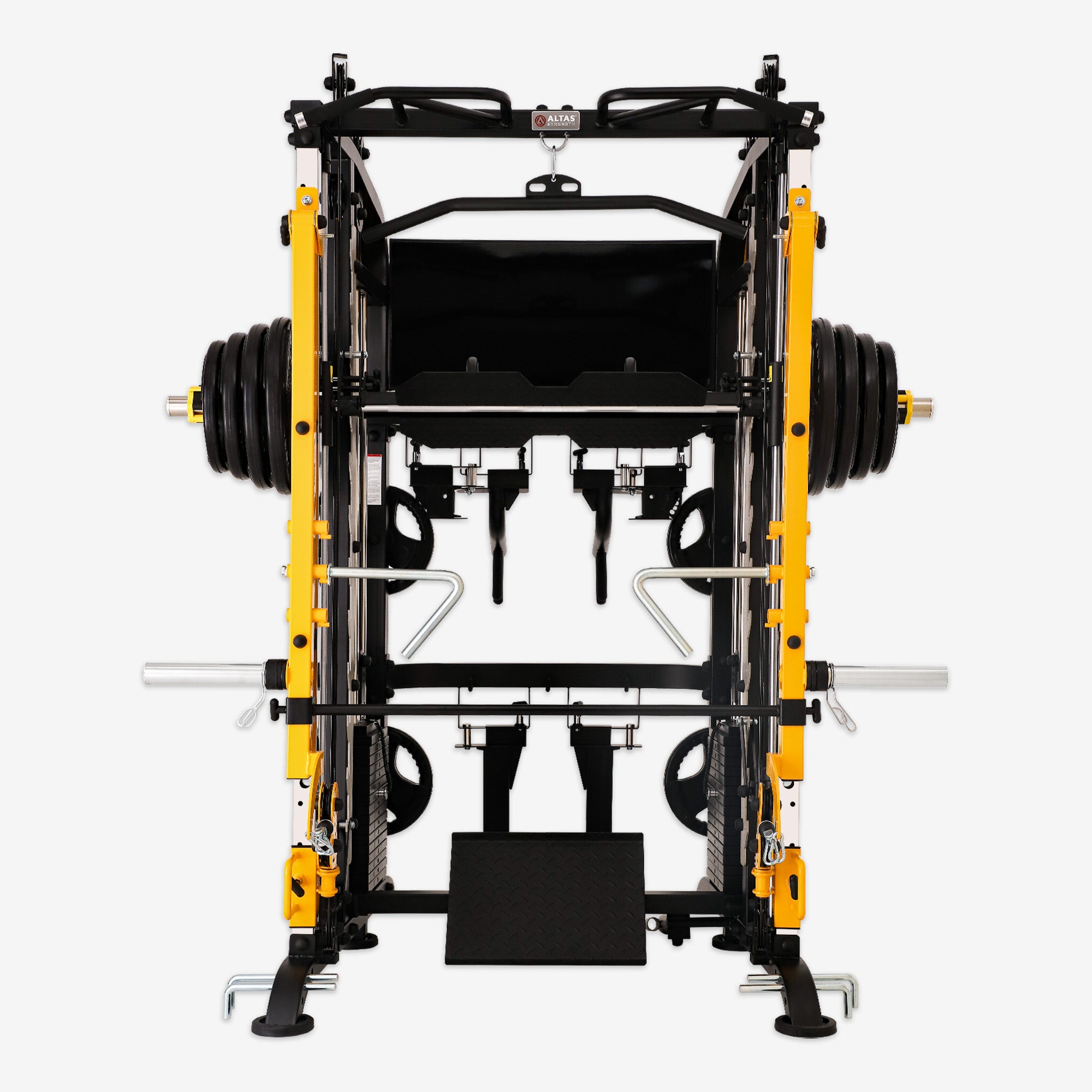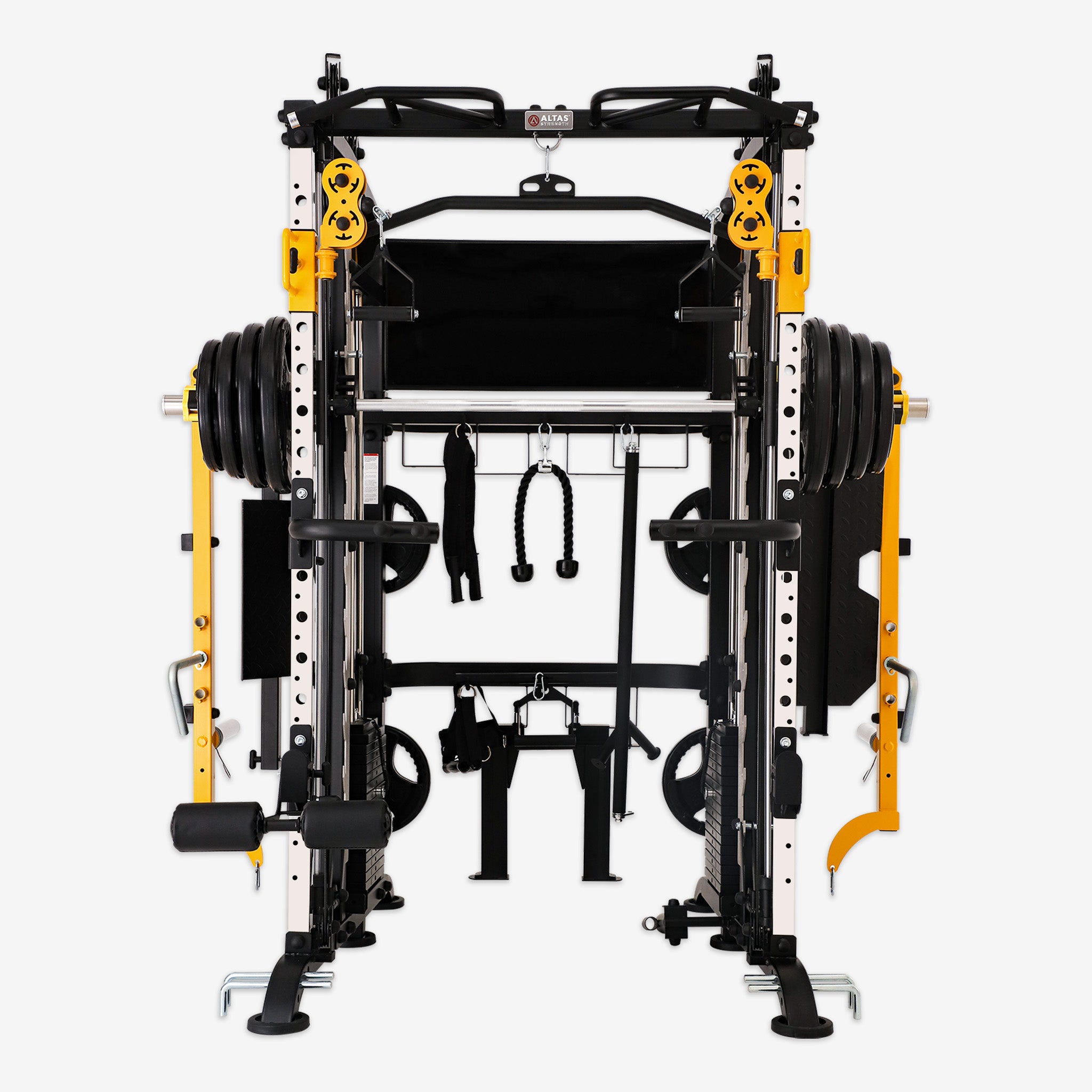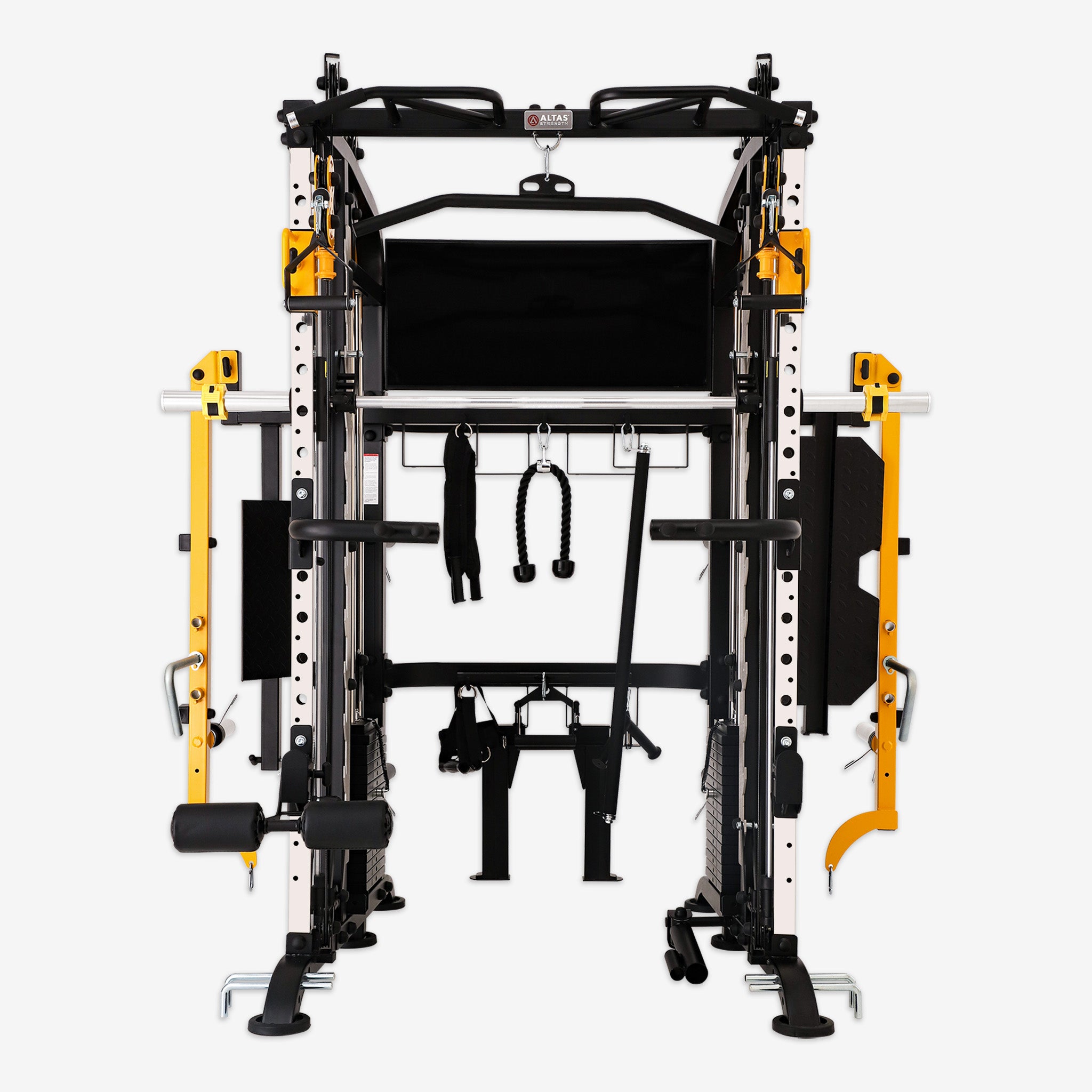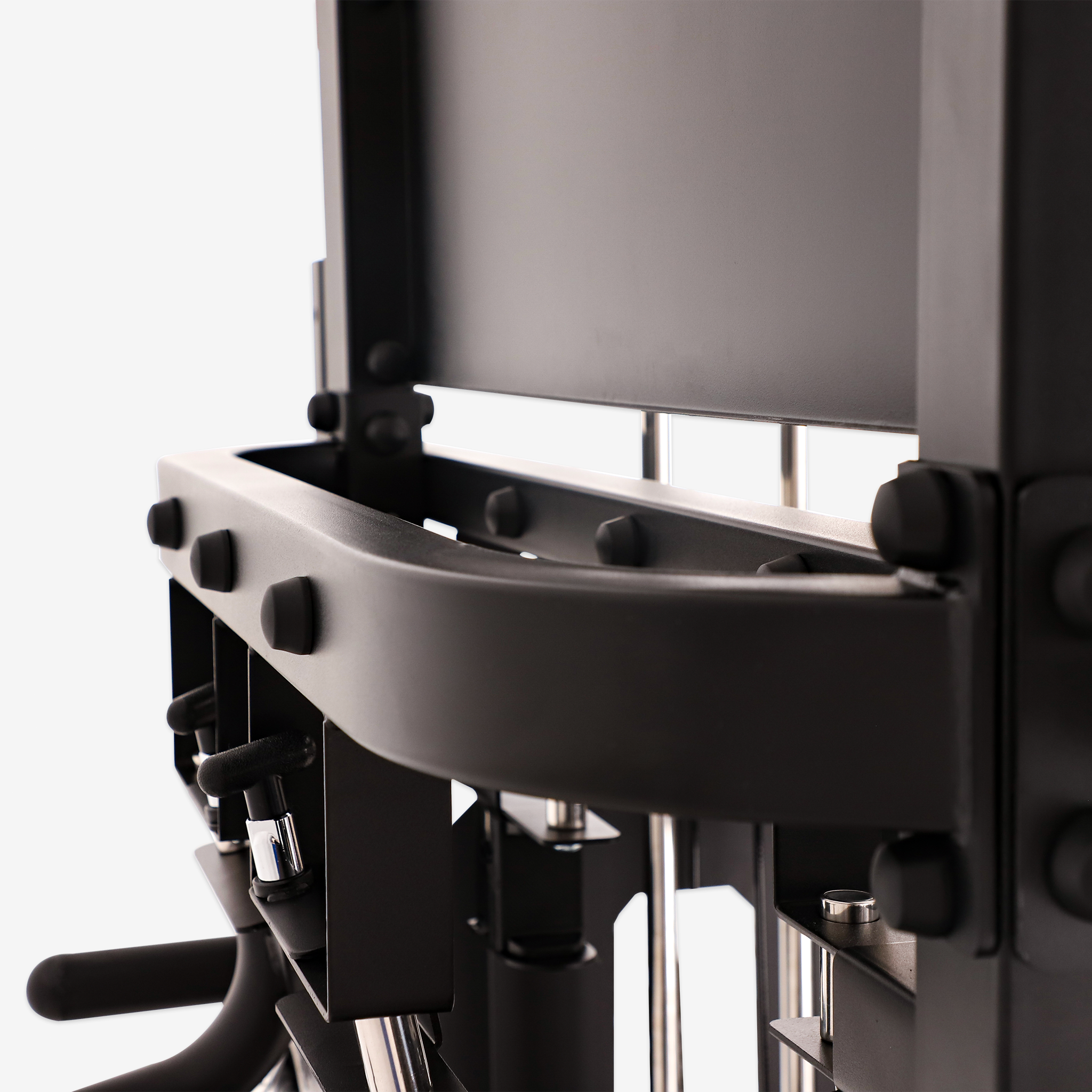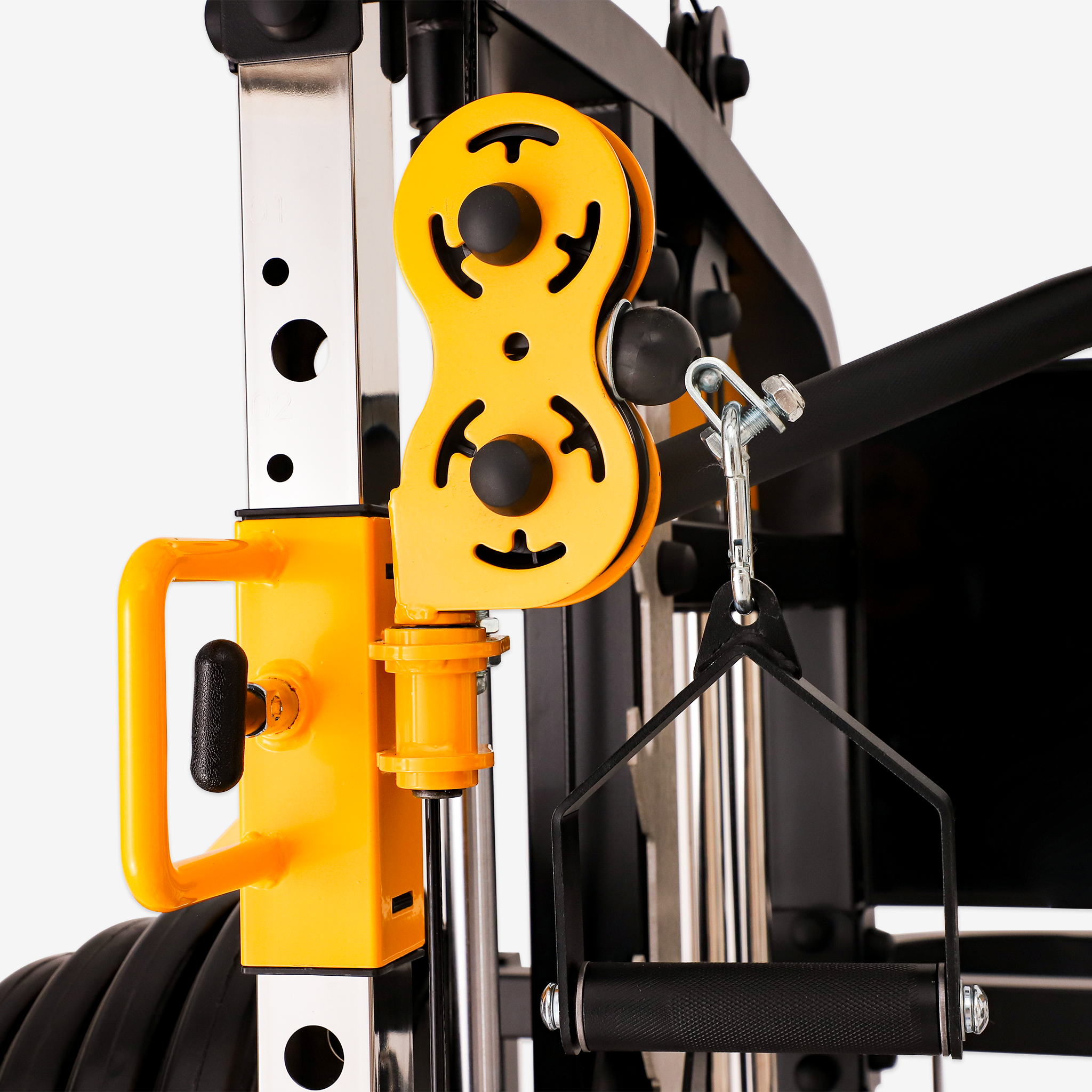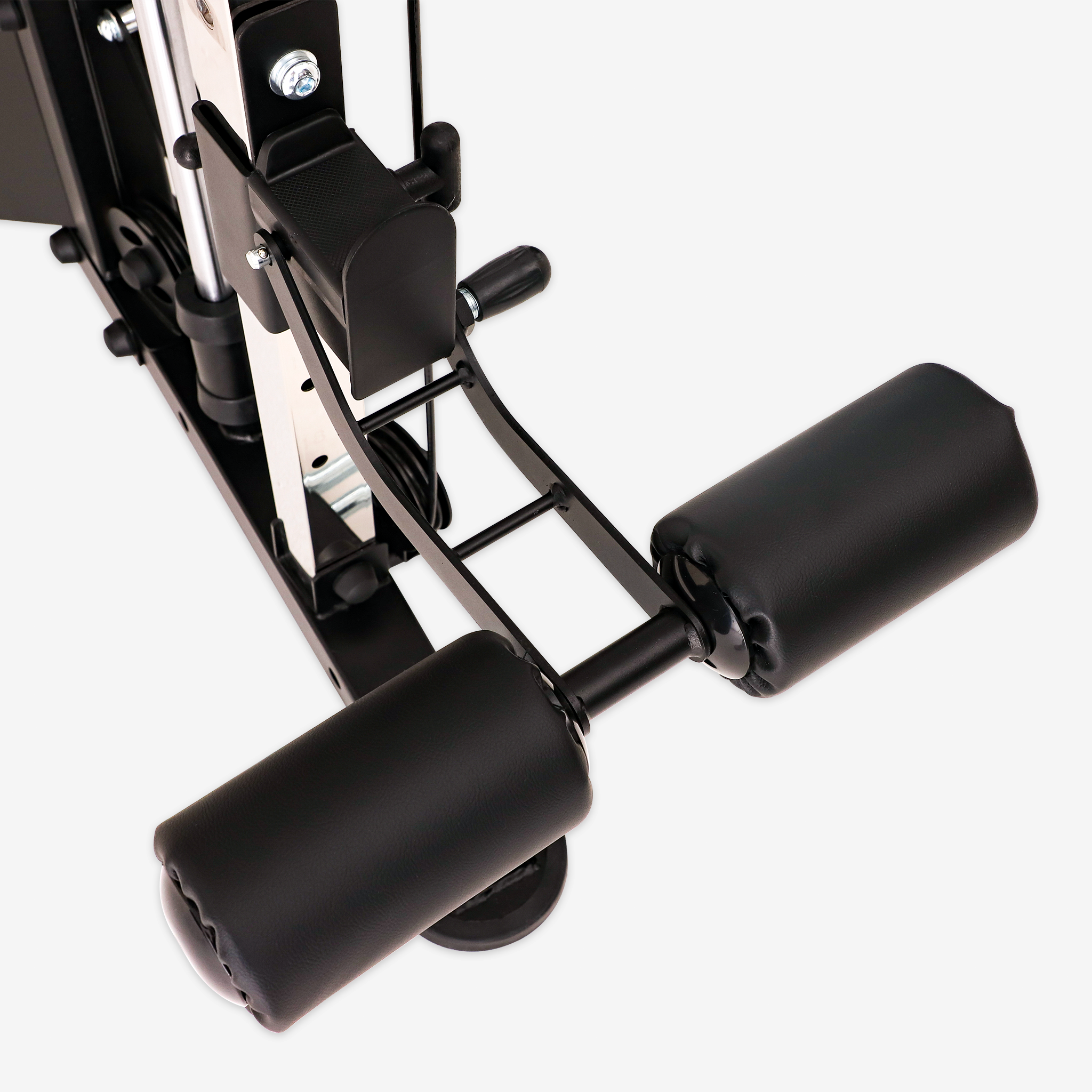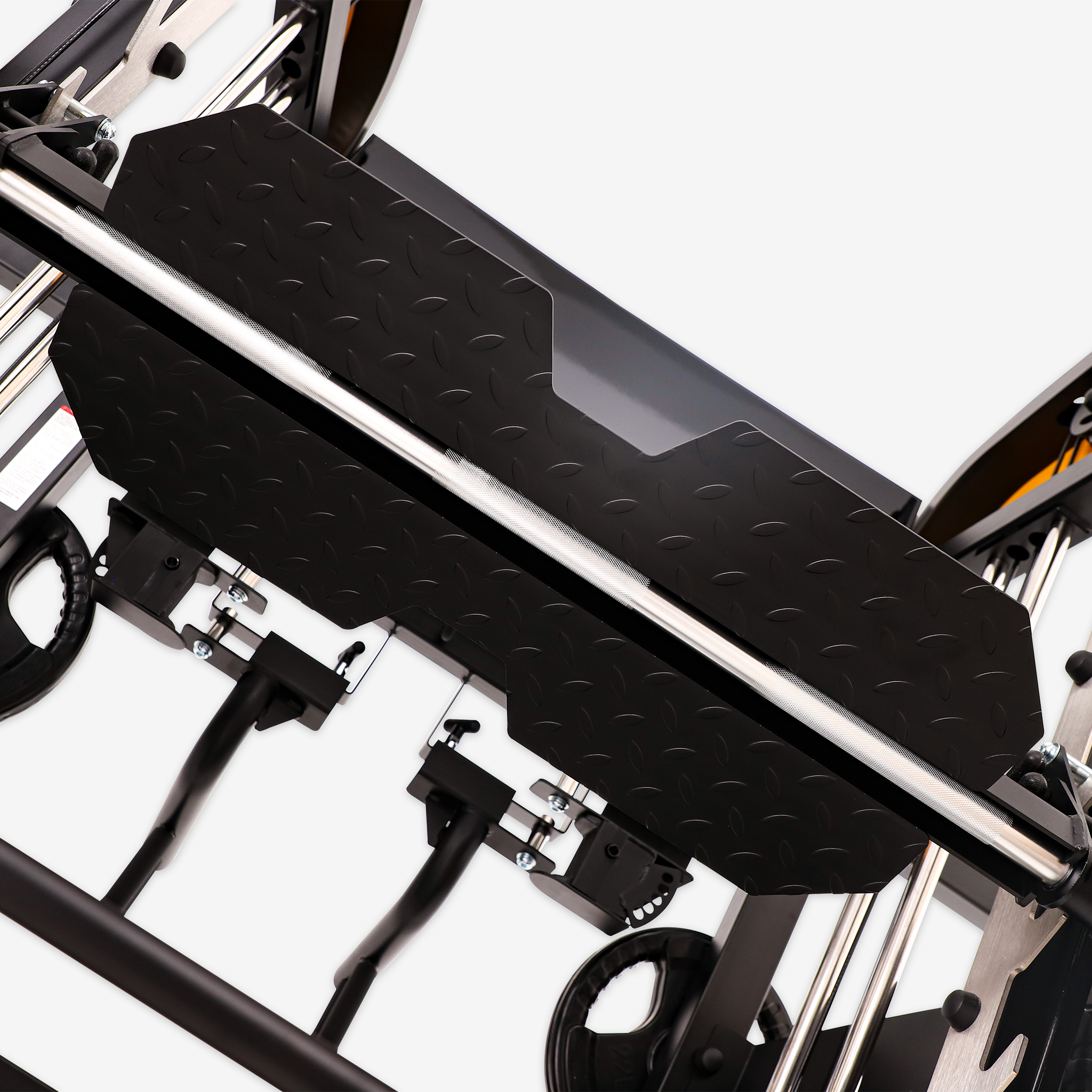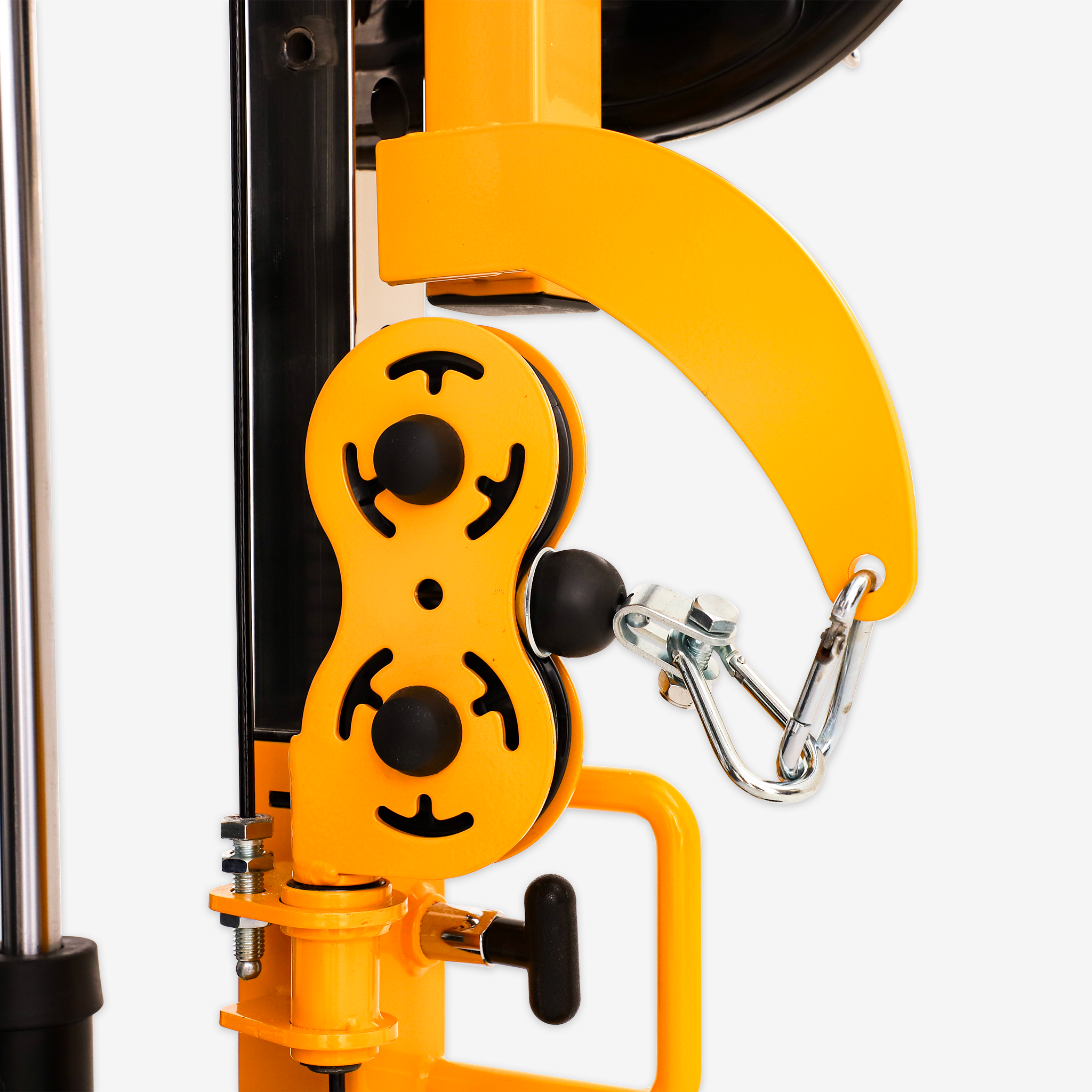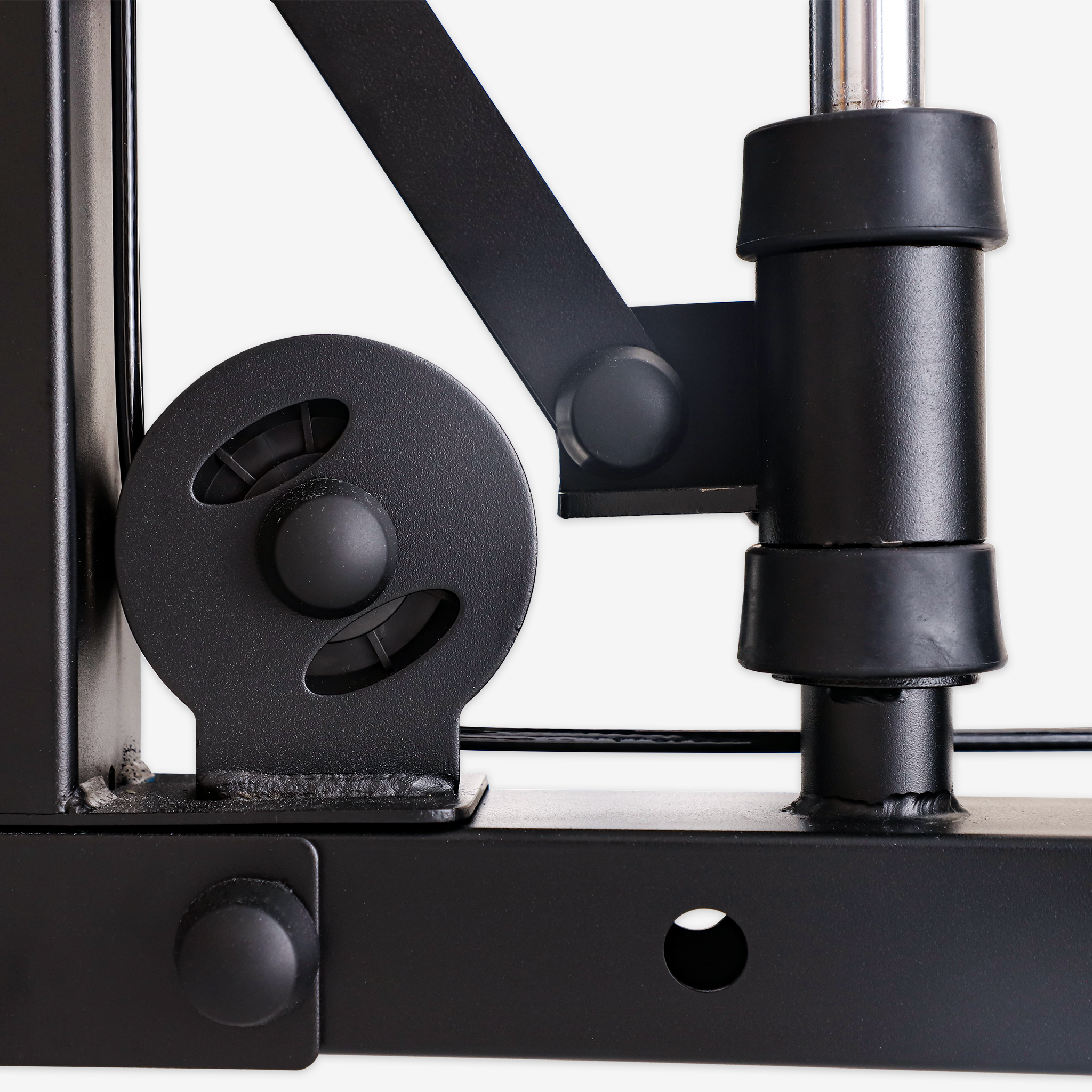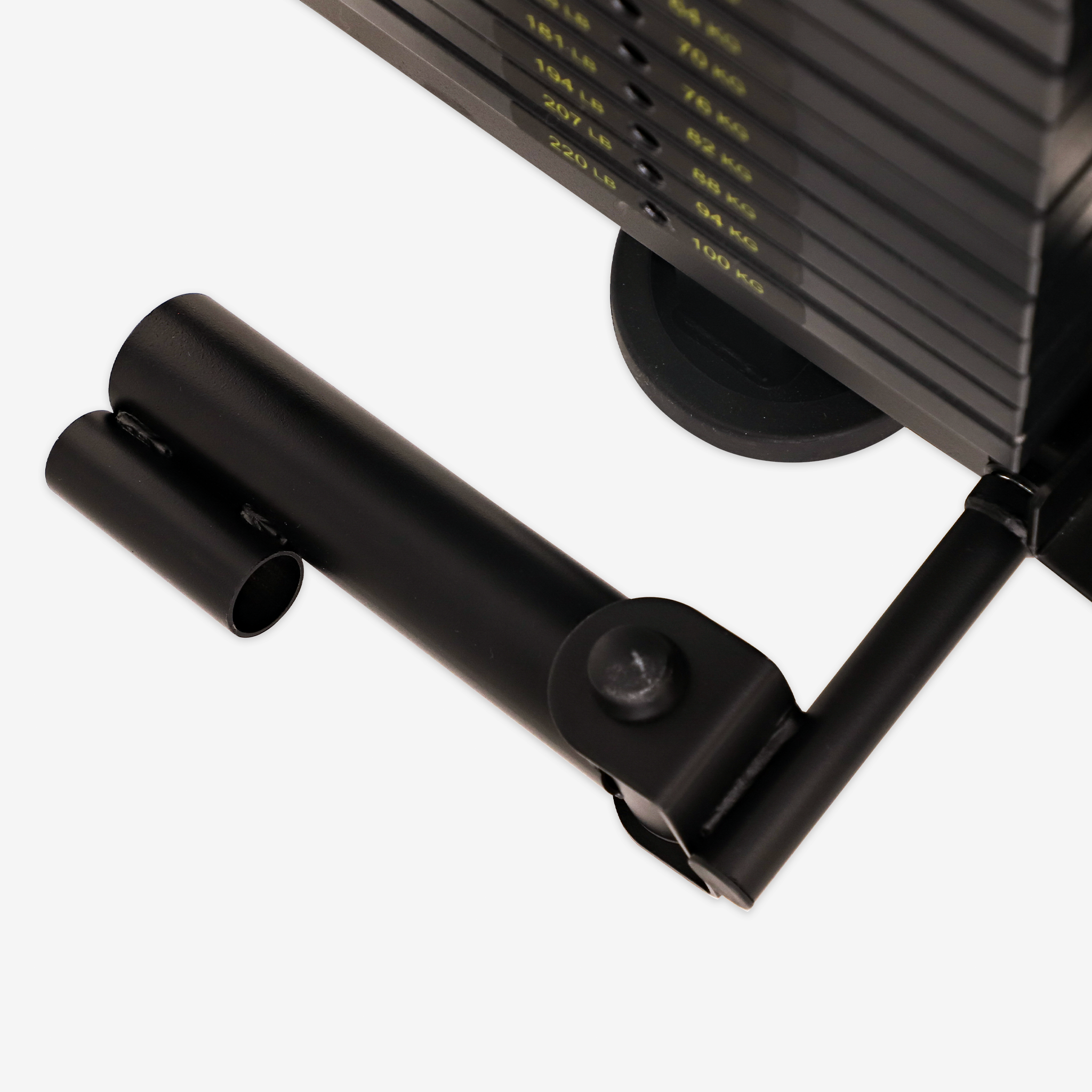I. Functions and Applications of Weight Scales
Weight scales are essential tools for measuring body weight, widely used in homes, medical institutions, and fitness centers. Modern electronic weight scales go beyond just measuring weight—they connect to smartphones and tablets to synchronize real-time health reports, tracking indicators like body fat percentage, muscle mass, and bone density. This makes them powerful tools for health-conscious individuals aiming to optimize their fitness and nutrition.
In weight management, scales serve as "navigators," helping users monitor changes and make lifestyle adjustments. Advanced smart scales even provide personalized diet and exercise recommendations based on collected data, enabling precise health management. The ability to track long-term health trends allows users to understand the impact of their habits on body weight and overall well-being.
II. Limitations of Weight Scales
Despite their benefits, weight scales have limitations. One key drawback is their inability to distinguish between fat and muscle. Someone with higher muscle mass may appear heavier, which could be misleading in assessing health. Additionally, weight fluctuates due to factors like hydration, diet, and exercise, making daily measurements unreliable.
Excessive reliance on weight scales can also lead to stress and anxiety. Studies show that focusing too much on the numbers may negatively impact mental health, discouraging individuals from pursuing their fitness goals. Experts recommend using weight scales as a complementary tool rather than the sole measure of health.
III. Psychological Impact of Weight Scales
Weight scales are more than just physical measuring devices; they can also influence mental well-being. Many people experience stress or frustration when they don’t see immediate progress, leading to self-doubt or demotivation. However, regular weighing can also help maintain accountability and prevent weight regain when approached correctly.
To reduce psychological stress, consider using alternative health indicators, such as body measurements, progress photos, and changes in clothing fit. Reducing weighing frequency and focusing on overall health rather than just numbers can also improve the user experience.
IV. Future Development Trends
With technological advancements, smart weight scales are becoming more sophisticated, offering deeper health insights. The future of weight scales includes enhanced connectivity, AI-driven health analysis, and eco-friendly designs. IoT (Internet of Things) integration allows real-time monitoring and predictive health analytics, helping users make proactive health decisions.
Social connectivity is also growing, enabling users to share progress with doctors, trainers, or support groups. This feature fosters engagement and allows professionals to provide tailored health advice based on real-time data.
V. Conclusion
Weight scales are valuable tools in modern health management, providing essential data for individuals seeking to monitor their fitness. However, it's important to recognize their limitations and avoid becoming overly fixated on the numbers. Future innovations will make weight scales even more intelligent and user-friendly, enhancing their role in personalized health tracking.
For high-quality fitness equipment, explore Altas Strength today.

